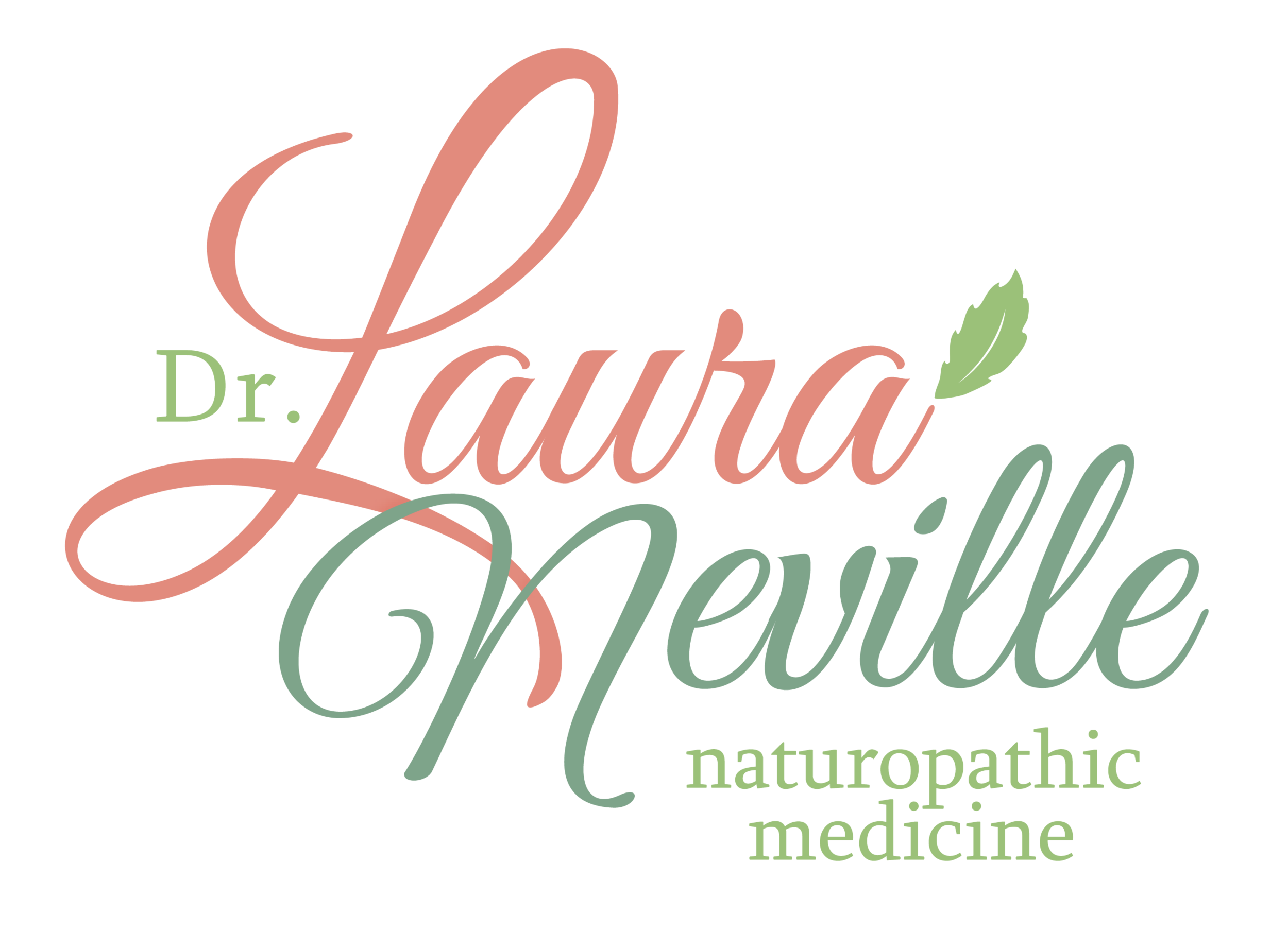Is Hormone Replacement Therapy Dangerous?
If you have experienced hormone imbalance, you know that this can zap your energy level faster than a speeding bullet. But is hormone replacement therapy right for you?
When you hear the term “Hormone Replacement Therapy” (HRT), it often brings about a negative association with health risk. Why?
Well, mostly because scientific research is not immune to media misrepresentation, just like mainstream media.
Media frenzy:
For many years, physicians were prescribing HRT for the treatment of menopausal hot flashes (among other issues) with great success. Then, a very large study called the Women’s Health Initiative (WHI) was completed (to the tune of $1 billion.) The aim of the study was to assess a vast array of health markers assumed to improve with HRT use.
The media reported on the findings: post-menopausal women taking combination (estrogen and progestin) hormone therapy for menopausal symptoms had an increased risk for breast cancer, heart disease, stroke, blood clots, and urinary incontinence. The women using combined hormone therapy had a lower risk of fractures and colorectal cancer, but these benefits did not outweigh the previously mentioned risks.
Doctors, obviously concerned for their patients health (not to mention potential malpractice suits), pulled the stops on these prescriptions in a bit of a panic. As you can imagine, all the subsequent unmanaged hot flashes contributed to gobal warming and burned a massive hole in the ozone.
I kid.
But years later, as the dust settled, it was discovered that the principal investigators of WHI did not have an opportunity to review the data before the results were rushed to publication and disseminated to the media.
In fact, a 2011 a consensus statement by the International Menopause Society (IMS) regarding HRT stated the following: “The excessive conservatism engendered by the presentation to the media of the first results of the WHI in 2002 has disadvantaged nearly a decade of women who may have missed the therapeutic window to reduce their future cardiovascular, fracture, and dementia risk.”
Yikes!
A closer look:
Although in 2002 it was stated that the results pertained to all women receiving HRT, subsequent studies from the WHI and others clearly showed that younger women and those close to menopause acutally had a very beneficial risk-to-benefit ratio.
Specifically, HRT was shown to be protective for coronary disease and reduced overall mortality in these younger women, which aligned with earlier observational studies.
Furthermore, breast cancer rates decreased with estrogen alone in the younger age range. In women receiving estrogen and progestin for the first time in the WHI, breast cancer rates did not increase significantly for 7 years. Other data suggest that the use of other progestogens (such as bio-identical progesterone) may also be safer.
It's important to undertand that the WHI used "Prempro". This is a combination of conjugated equine estrogen (50% estrone sulfate) and medroxyprogesterone acetate (a progestin). Neither of these molecules are “bio-identical” meaning that are not the exact same molecular struct as what the human body naturally produces. More on that later.
Confused? Don't worry:
I know all of this info can make your head spin (the media was confused too), but the overall idea is that in order to decide if HRT is right for anyone, we have to understand the risks and benefits of each individual. Bascially, do the potential benefits outweight the potential risks of HRT? There is no one answer to this question.
Seek out a physician who understands the risks and benefits of HRT. Don't let the media frenzy of years past keep you from asking about HRT. If it would benefit you more than be of risk, I don't want you to miss out on the health protection and increased quality of life that HRT can offer.
